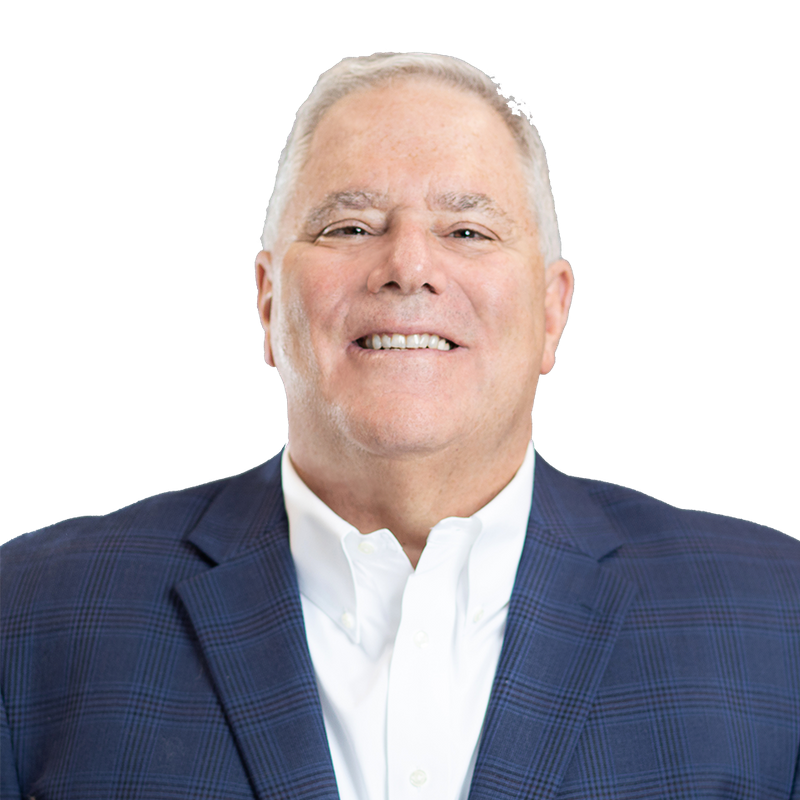Busy, frenzied, red hot—all terms to describe the retirement plan and related industries' M&A market in recent years.
There was no denying the sheer number of deals and the multiples that accompanied them were largely unprecedented, both because of the strong economy and where the advisory firm industry was in its lifecycle. 
And now, it's cooled. Not that you'd know it yet.
"If you decide to sell, it takes six to twelve months to do it, so there's about a one-year lag to it," Wise Rhino Group Founding Partner Dick Darian said. "2022 was as active as 2021. The first half of 2023, just because of that lag effect, will look active, but the bottom line is that the originations aren't going to be happening the way they were. You won't see the impact until the second half of 2023 and into 2024."
Although he claims eight are closing ideals in the next three months, capital markets are slowing the recently seen numbers.
"It's due to interest rates primarily, combined with maybe some of the fears of what's going to happen with a recession, etc.," Darian added. "It's amazing how quickly interest rates impacted firms doing a lot of the buying. There are still plenty of buyers, but where there were maybe 15 firms that were all wide open, interest rates have impacted capital cost and availability. Then you've got the debt lender saying, 'You've got to tighten your debt-equity ratio before we give you more money.'"
It's not so much on the retirement and wealth side, he explained, but more so in the insurance brokerage world.
"We just hired someone from Peter Foy and Associates, a top 30 insurance brokerage firm. They laid off their entire M&A operation. So, we're starting to see the impact of that. And you wonder if that will be a good thing for the retirement and wealth firms that have been buying a lot. They'll take a breath and say, 'Okay, now that we're kind of done eating, we can digest it.'"
Darian's M&A advisory firm has responded by expanding further into the wealth advisory business space and other markets.
"We've got three or four technology firms in the financial services space and an HSA firm," he said. "We've diversified, but still within the same ecosystem, just broader."
As for the near future, Darian said, "the 'frenzy' headlines won't be there anymore. It's more about which of these companies can build on what they've bought."
Noting the four stages of a business's development, he said the first is opening, the second is scaling, the third is building, and the fourth is high-level consolidation, resulting in an industry oligarchy.
"When they reach stage No. 3, you wonder, 'Can all these firms build an actual company out of what they've acquired?' The answer is no. What's happened in other verticals is an acquiring of the acquirers because some of them couldn't make it happen. That's what results in stage No. 4, where you have almost that oligarchy."
"There are still plenty of retirement acquirers," Darian concluded, "just fewer than there were."

